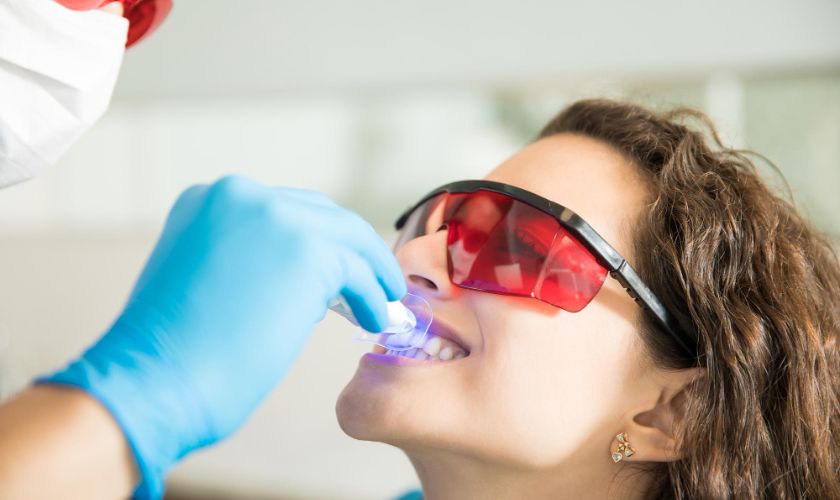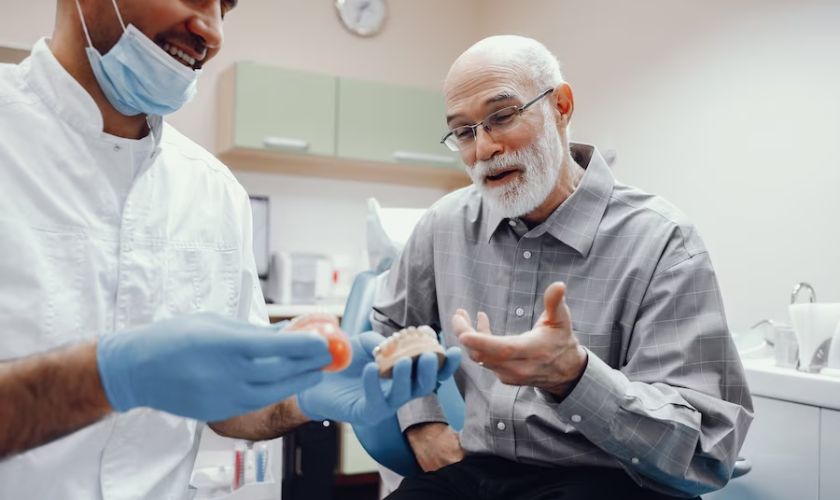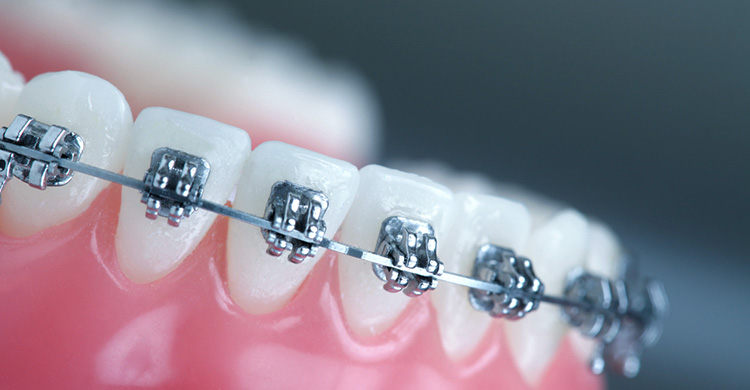Your smile is one of the first things everyone notices about you, and unfortunately, it’s also one of the most accessible places to spot imperfections. Whether it’s coffee stains from your morning cup of Joe or yellowing teeth due to age or genetics, an imperfect smile can make you self-conscious and hesitant to show off those pearly whites. But fear not! Teeth whitening services save the day (and your grin). In this blog post, we’ll explore how these services can transform your smile from drab to fab in no time flat. So kindly sit back, relax, and prepare for a brighter future!
What is teeth whitening?
There’s a reason teeth whitening services are so popular: they can dramatically improve your smile. Whether your teeth are stained from coffee or tea, brassiness from liver disease, age spots, or brown patches from smoking, teeth whitening can remove these stains and make your smile look brighter and whiter.
Such treatments come in a variety of methods and brands. Some involve bleaching teeth with an over-the-counter kit or laser treatment; others require more time and commitment, like custom-made bleaching trays or in-office treatments. Whichever route you choose, consult a dentist who is experienced in teeth whitening to ensure that the treatment is done correctly and that you’re getting the best results possible.
Types of teeth whitening services
Teeth whitening services come in many forms, each with benefits and drawbacks. Here are four of the most common types:
Coffee Stain Removers: These services remove coffee or tea stains from teeth using a bleaching agent. They tend to be less effective than other types of whitening services and can be expensive.
LED Teeth Whitening Systems: These devices use light energy to break down stains and make teeth whiter. They’re more effective than coffee stain removers but also need more time and effort.
Pulsed Light Teeth Whitening Systems: This whitening system uses short, repeated light pulses to break down stains. Unlike LED systems, pulsed light systems don’t require any special equipment or training. They’re also more affordable than other types of whitening services.
Oral Surgery: If you want advanced teeth whitening techniques that don’t fall within the scope of any other whitening service, oral surgery may be the best option. Oral surgeons can offer procedures like laser-assisted bleaching (LAB), which uses a high-power laser to damage the stained surface tissue so that the bleaching agent can work better.
How teeth whitening services work
Tooth whitening services are a great way to brighten your smile and improve your appearance. They work by removing the stains and discolorations on teeth that can make you look older or give you a wrong impression. Some of the more common whitening treatments include toothpaste, gels, lasers, and acid peels.
Tooth whitening services can take a few different forms, so choosing one that will be best for you is crucial. Some treatments use bleaching agents that remove the top layer of tooth enamel. It can be effective if the stains are deep but may not work if the discoloration is only superficial. Others use light to break down the stains and kill the bacteria that cause them. It is more effective but can also cause some sensitivity in some people.
No matter what form your tooth whitening service takes, it should be done by a professional who knows how to treat your case. Be sure to ask about any potential risks before getting started, and don’t hesitate to call us if you have any queries or concerns about our services.
The benefits of teeth whitening
Teeth whitening services are becoming increasingly popular due to their many benefits. Here are four of the most common:
1. Teeth Whitening Can Improve Overall Appearance
Many people believe that teeth whitening can improve their overall appearance. It is because whiter teeth look cleaner and brighter, which can make you look more attractive. In addition, a whiter smile may help you attract new business or clients.
2. Teeth Whitening Is Safe and Effective
Most tooth whiteners are safe and effective when used as directed. However, a few risks are associated with using them. Still, like anything else, always speak with your dentist before starting any whitening regimen to make sure safety and compliance guidelines are met.
3. Teeth Whitening Can Save You Money on Dentistry Costs
Whiten your teeth, and you may prevent future dental expenses. Over time, teeth stained by coffee, tea, or tobacco can become discolored and must be replaced to maintain a healthy smile. You could save money on dental treatments by whitening your teeth regularly.
4. Teeth Whitening May Enhance Oral Health
Lastly, Teeth Whitening may help improve overall oral health.
FAQs about Teeth Whitening
It is a well-known cosmetic dental procedure that can help brighten your smile and boost your confidence. However, with any treatment, there may be some questions or concerns you have before proceeding. Below are some of the most frequently asked questions about teeth whitening:
1. Is teeth whitening safe?
When done correctly by a dental professional or using an approved at-home kit, teeth whitening is generally considered safe.
2. How long does it last?
The longevity of results varies based on lifestyle habits such as diet and smoking, as well as oral hygiene practices like brushing and flossing regularly.
3. Does it hurt?
Some people may experience sensitivity during or after the treatment, but this typically subsides within a few days.
4. Can anyone get their teeth whitened?
While most people are candidates for teeth whitening, those with gum disease or tooth decay should seek treatment before undergoing the procedure.
5. Are there any side effects?
Possible side effects include temporary sensitivity to hot/cold foods/drinks and minor irritation of the gums if not correctly applied.
It’s important to consult your dentist to determine which teeth-whitening method suits your needs and goals.
Whether you want to give your smile a fresh start or make it look more symmetrical, teeth whitening services can do the trick. From coffee stains to pearly whites, there’s a service for everyone, and our selection of the best teeth-whitening products will help you find the right one for your needs. So please give yourself a beautiful smile today by scheduling an appointment with one of our top dentists and getting started on achieving that perfect shade of white!



